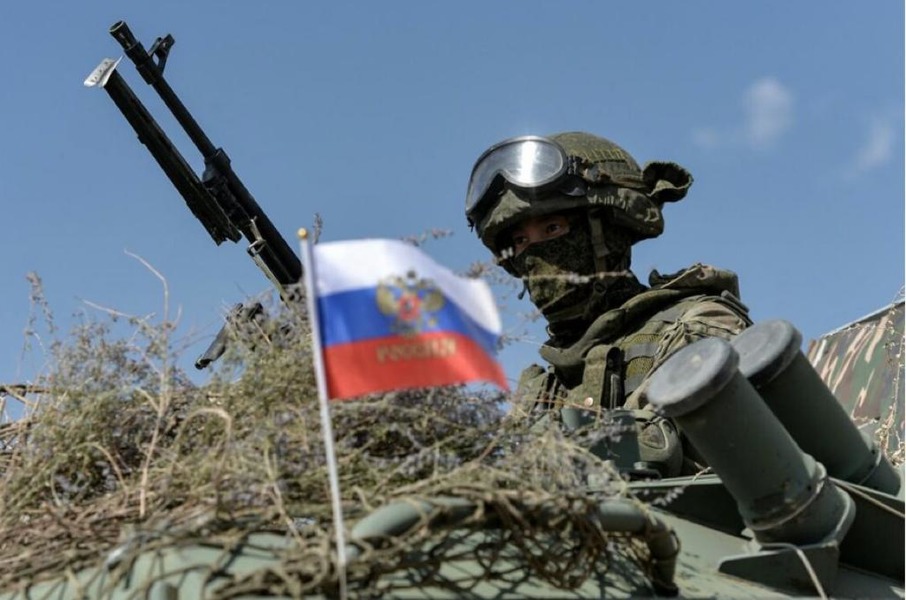After Russia unleashed a full-scale war against Ukraine, the global security landscape has reached a critical point that requires a reassessment of existing paradigms. The conflict not only highlighted the fragility of international norms, but also revealed a disturbing shift towards aggression that blatantly ignores established laws. At the same time, as the world braces for upcoming elections, especially in the U.S. and across Europe, the rise of the far-right sympathetic to Russia poses an additional challenge to the security order as we know it.
The mutating security realities:
The outbreak of the Russo-Ukrainian conflict led to a profound transformation of the global security architecture. Moving away from the Cold War era, where strategic adversaries were seen as rational actors, today’s adversaries are, according to British Defense Secretary Grant Shapp, «far more unstable, irrational.» Such a shift in behavior requires a comprehensive reassessment of international security strategies to effectively counter new threats.
2024: A decisive year for Ukraine and Europe:
2024 seems to be a turning point, especially for Ukraine, whose fate hangs on a thread. Latvian President Edgar Rinkevičs emphasizes how the ongoing events are interconnected, assuming that the outcome of the Ukrainian conflict will significantly affect the geopolitical landscape. The current moment provides an opportunity for nations to come together and prepare for the dynamic challenges that may shape global order.
Europe’s imperative: unwavering support for Ukraine:
In response to mounting security challenges, Europe must consolidate its efforts in support of Ukraine, recognizing its key role in defending Eastern Europe. The Russo-Ukrainian war poses a major challenge in an era of unpredictability and serves as a litmus test for the West’s resilience to Russian aggression. The fate of European security is in limbo, and the West’s ability to counter Putin’s influence and defend its democratic values is under scrutiny.
Ukraine’s importance for NATO’s eastern flank:
Ukraine, a vital component of NATO’s eastern flank, now boasts a powerful and capable army. Amid the ongoing confrontation with an outpowering aggressor, the Ukrainian Armed Forces have proven exceptionally adaptable to Western-type modern weapons systems, performing exceptionally on the battlefield. The importance of Ukraine in defending Eastern Europe cannot be overestimated, which makes unwavering support on the part of Europe an indisputable must.
As Europe grapples with the unprecedented challenges of the Russo-Ukrainian war amid the rise of far-right Russia sympathizers, a united front is needed to protect the very foundations of democracy and international order. Boosting support for Ukraine, as well as providing the required security guarantees and facilitating Ukraine’s integration into NATO, is a key step on the way to deterring Russia’s revanchist ambitions. The collective response from the international community at this crucial moment will determine the trajectory of global security for years to come.

